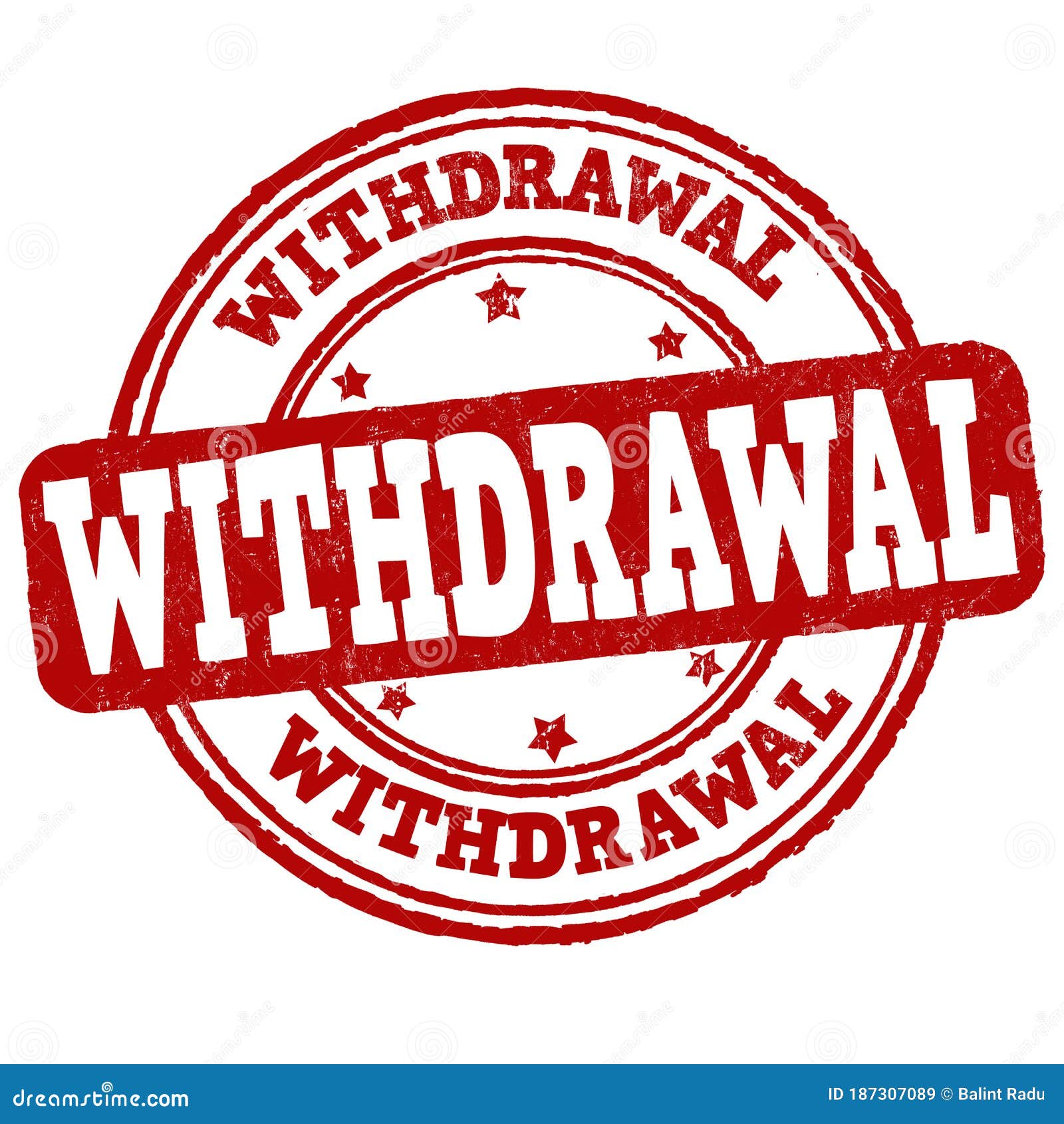
- #Withdraw mailist from shell pdf
- #Withdraw mailist from shell full
- #Withdraw mailist from shell code
The x was presumably added to make it unique and distinct but this, too, has now been copied, reimplemented, and mutilated so that there is no single individual version which is definitive.īack in the day, the de facto standard for sending binaries across electronic mail was uuencode. SVR3 (1986) included a derivative which was called mailx. However, one of the contenders to that position is certainly "Berkeley Mail" which was originally called Mail with an uppercase M in 2BSD (1978) but in 3BSD (1979), it replaced the lowercase mail command as well, leading to some new confusion.
#Withdraw mailist from shell code
Suffice it to say that there are many programs which inherit code from or reimplement (or inherit code from a reimplementation of) mail and that there is no single code base which can be unambiguously identified as "the" mail.
#Withdraw mailist from shell full
The origins of Unix mail go back into the mists of the early history of Bell Labs Unix™ (1969?), and we probably cannot hope to go into its full genealogy here. There are several answers here suggesting mail or mailx so this is more of a background to help you interpret these in context.

If you have to do a lot of testing on this, spread them out over days or you'll be labelled a spammer and this function won't work any more. And you'll find this no longer works, or it only lets through the attachment, or the email doesn't come through at all. Take care not to use this function more than say 15 times in a day, even if you send the emails to yourself, spam filters in gmail can blacklist a domain spewing emails without giving you an option to let them through.
#Withdraw mailist from shell pdf
Make sure the pdf file has sufficient 755 permissions.Ĭheck your email inbox, the text should be in HTML format and the pdf file automatically interpreted as a binary file. Make a file called /home/el/email_body.htm and put this line in it: this is some bold text Put the following code in test.sh: #!/usr/bin/kshĮxport MAILPART=`uuidgen` # Generates Unique IDĮxport MAILPART_BODY=`uuidgen` # Generates Unique IDĮcho "Content-Type: multipart/mixed boundary=\"$MAILPART\""Įcho "Content-Type: multipart/alternative boundary=\"$MAILPART_BODY\""Įcho "Content-Type: text/plain charset=ISO-8859-1"Įcho "You need to enable HTML option for email"Įcho "Content-Type: text/html charset=ISO-8859-1"Įcho 'Content-Type: application/pdf name="'$(basename $ATTACH)'"'Įcho "Content-Transfer-Encoding: uuencode"Įcho 'Content-Disposition: attachment filename="'$(basename $ATTACH)'"'Ĭhange the export variables on the top of test.sh to reflect your address and filenames.ĭownload a test pdf document and put it in /home/el called pdf-test.pdf Make a new file called test.sh and put it in your home directory: /home/el Make sure you have uuencode installed and available: Make sure you have sendmail installed and configured. Make sure you have ksh installed: yum info ksh


If you don't have uuencode read this: On Linux, Send HTML body email with a PDF attachment with sendmail: Trillions in citizens assets through systematic inflation get the nod and Sentences for making the world's information free, while bankers that pilfer Government discriminates against programmers with cruel/unusual 35 year prison ) | mailx -s 'Subject' is the same command as above, without the newlines ( /usr/bin/uuencode /home/el/attachfile.txt myattachedfilename.txt /usr/bin/echo "Body of text" ) | mailx -s 'Subject' sure you have a file /home/el/attachfile.txt defined with this contents: usr/bin/uuencode attachfile.txt myattachedfilename.txt Send a Plaintext body email with one plaintext attachment with mailx: ( Print - "$(perl -MMIME::Base64 -e 'open F, shift close F print MIME::Base64::encode(join(q, $filename)" Print - "Content-Disposition: attachment filename=$filename" Print - "Content-Type: application/octet-stream name=$filename" Print - "Content-Transfer-Encoding: base64" Print - "Content-Type: text/plain charset=ISO-8859-1"

Print - "This is a multi-part message in MIME format." Print - "Content-Type: multipart/mixed boundary=\"$boundary\"" I once wrote this function for ksh on Solaris (uses Perl for base64 encoding): # usage: email_attachment to cc subject body attachment_filenameīoundary="_=_blah_=_$(date +%Y%m%d%H%M%S)_=_"


 0 kommentar(er)
0 kommentar(er)
